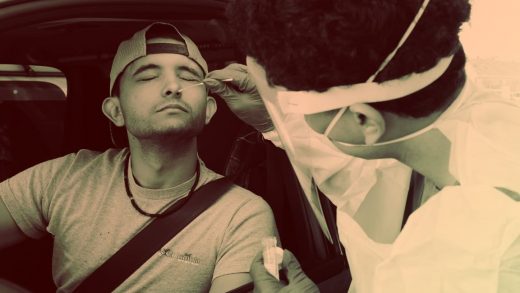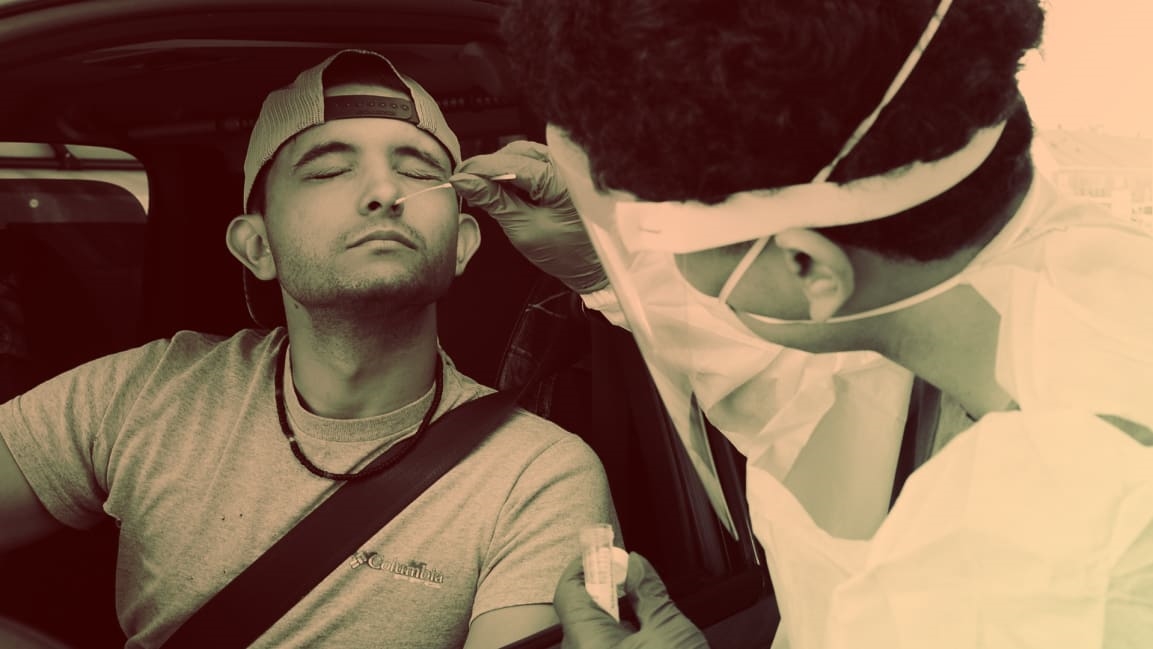No, your boss can’t force you to take a COVID-19 antibody test—here’s why
As states cycle through various phases of reopening after the brunt of the COVID-19 pandemic, nonessential businesses, now allowed to get back online, are grappling with how to keep their workers and customers safe.
Here’s one thing the federal government forbids employers from doing: Forcing workers to take COVID-19 antibody tests in order to return to work.
In a recent announcement, the U.S. Equal Employment Opportunity Commission has confirmed that an antibody test constitutes a medical examination under the Americans with Disabilities Act.
“An antibody test at this time does not meet the ADA’s ‘job related and consistent with business necessity’ standard for medical examinations or inquiries for current employees,” the EEOC explained. “Therefore, requiring antibody testing before allowing employees to re-enter the workplace is not allowed under the ADA.”
That’s in line with the Centers for Disease Control and Prevention’s guidance that antibody test results “should not be used to make decisions about returning persons to the workplace.”
An employer may ask a disability-related question or make a person submit to a medical examination if it’s “job-related and consistent with business necessity” and the employer has “a reasonable belief based on objective evidence” that the worker won’t be able to do “essential functions” of the job as a result or will “pose a direct threat because of a medical condition,” according to the EEOC.
However, unlike antibody tests, viral tests, which detect if someone has COVID-19 at that time, are allowed under the ADA, the agency explained.
“Employers may take steps to determine if employees entering the workplace have COVID-19 because an individual with the virus will pose a direct threat to the health of others. Therefore an employer may choose to administer COVID-19 testing to employees before they enter the workplace to determine if they have the virus,” the EEOC said.
Glenn Cohen, faculty director of Harvard University’s Petrie-Flom Center for Health Law Policy, Biotechnology & Bioethics, called the EEOC’s stance a “good decision.”
“They’re drawing a distinction between the two,” he says. “Part of it was antibodies tell who was already exposed, not who’s currently infectious. You have business reason for excluding someone who’s currently infectious.”
However, Cohen said that if very reliable antibody tests are developed and the medical community’s understanding of what COVID-19 immunity means deepens, he foresees pressure on the EEOC to reconsider.
(29)



